Signs and Symptoms of Low Testosterone: What Does Testosterone Do: Reasons For Low T levels: Treatment Options For Low T: Preventing Low T: Conclusion

In this blog post, we’ll explore signs and symptoms of low testosterone (low T) in men. So you can make an informed decision about what steps need to be taken next.
Consequently It could be a sign that your testosterone levels are low, causing you significant physical and mental health issues.
Declining sex drive

As we age, it’s common for men’s sex drive to shift and decline. However, if you’re experiencing a significant decrease in your libido, low testosterone levels may be to blame. Signs of low sex drive include:
- Lack of interest in sexual activity
- Difficulty getting or maintaining an erection
- Decreased pleasure during sex
Decreased energy levels and fatigue

Testosterone plays a role in energy production, so when levels are low, it can result in feelings of fatigue and low energy.
Symptoms of low testosterone-related fatigue include:
- Feeling tired or weak throughout the day
- Difficulty concentrating or focusing
- Lack of motivation to engage in physical activity
Loss of muscle mass and strength

One of the primary functions of testosterone is to support muscle growth and maintenance.
Consequently as men age, their testosterone levels naturally decrease, which can result in a loss of muscle mass and strength.
Signs of decreased muscle mass and strength include:
- Difficulty building or maintaining muscles despite regular exercise
- Feeling weak or struggling to lift heavy objects
- Reduced physical performance
Mood changes, depression, or irritability

Testosterone also plays a crucial role in regulating mood and emotions.
Low levels of testosterone have been linked to increased feelings of depression, irritability, and overall changes in mood.
Signs of mood changes associated with low T include:
- Persistent feelings of sadness or hopelessness
- Increased irritability or anger
- Difficulty concentrating or making decisions
- Loss of interest in activities you once enjoyed
If you are experiencing these symptoms, it is essential to speak with a healthcare professional.
They can help determine if low testosterone levels are contributing to your mood changes and develop a treatment plan.
Difficulty concentrating or difficulty sleeping

Low testosterone levels can also impact cognitive function, including difficulty concentrating and memory issues.
Additionally, changes in hormone levels can disrupt sleep patterns and result in difficulty sleeping or insomnia.
If you’re experiencing these symptoms along with other signs of low testosterone, it’s essential to get checked by a doctor.
They can help determine the cause of your difficulties and provide appropriate treatment options
Lowered fertility or reduced sperm count
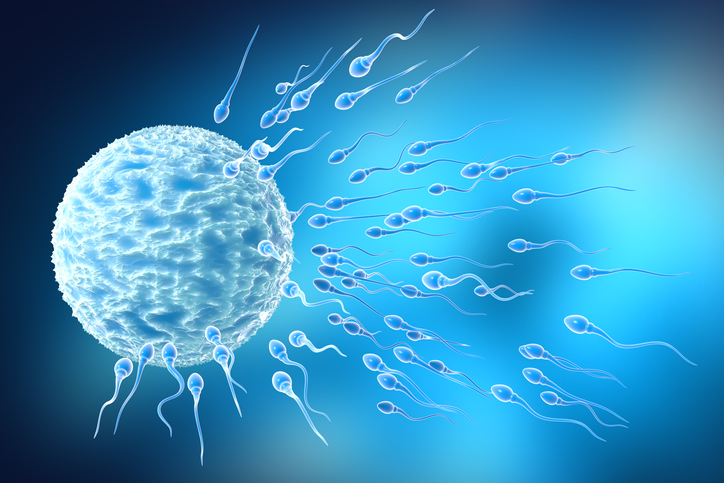
When testosterone levels are low, sperm production may also be affected, leading to lower fertility and a reduced sperm count.
Therefore characteristics of a low sperm count are less than 15 million sperm per milliliter of semen.
If you and your partner are struggling to conceive, it may be worth getting tested for low T levels.
Reduced bone mass and an increased risk for osteoporosis
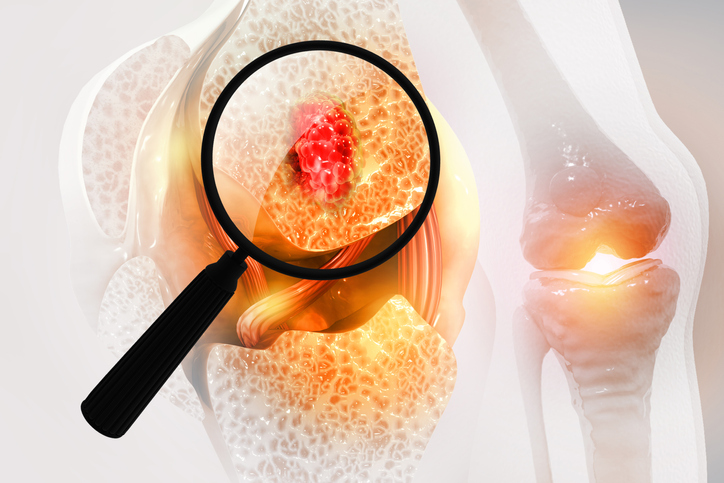
Testosterone is not only important for maintaining healthy muscles, it also helps with bone mineral density.
Therefore low T levels can lead to a decrease in bone mass and an increased risk for osteoporosis.
Osteoporosis is a condition where bones become weak and brittle, making them more prone to fractures.
It is often associated with older women, but men can also develop this condition due to low testosterone levels.
So in order to prevent the development of osteoporosis, it’s important for men to maintain healthy testosterone levels through proper diet and exercise.
Consequently in some serious cases, a doctor may recommend hormone replacement therapy.
Hot flashes and night sweats
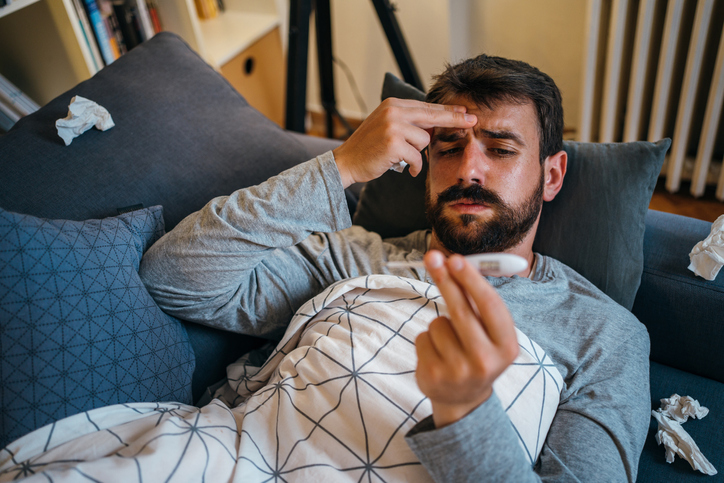
While commonly associated with menopause in women, hot flashes and night sweats can also occur in men experiencing low testosterone levels.
This is due to the hormone’s role in regulating body temperature.
When testosterone levels drop, it can lead to sudden changes in body heat, resulting in these uncomfortable and disruptive symptoms.
So if you experience hot flashes or night sweats, it may be worth discussing your testosterone levels with a doctor to determine if they could be contributing factors.
Enlarged breasts (in men)

Gynecomastia, or enlarged breasts in men, is a sign and symptom of low testosterone. This can be an uncomfortable and embarrassing condition for those affected.
However, it occurs when there is an imbalance of hormones, specifically a decrease in testosterone levels. And an increase in estrogen levels.
Gynecomastia can also be caused by medications, medical conditions, and lifestyle factors like diet and exercise habits.
What Does Testosterone Do?
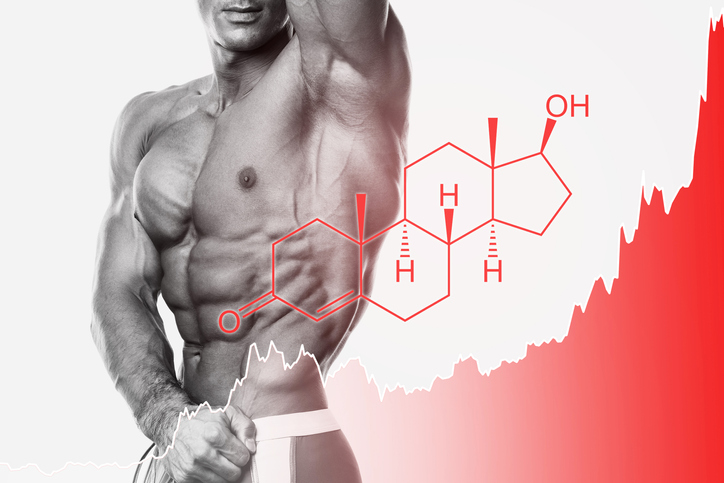
Testosterone is vital for developing and maintaining male sexual traits like facial hair, a deep voice, and muscle mass. So its functions go beyond just physical appearance.
Testosterone plays a key role in maintaining overall health and well-being. It helps regulate:
- Sex drive or low libido
- Mood
- Energy levels
- Bone density
- Production of red blood cells
- Maintains muscle mass.
Reasons For Low T levels:
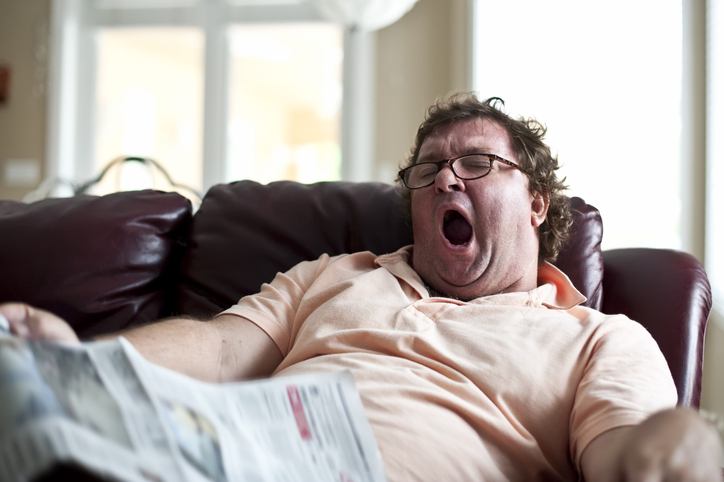
- Aging: Testosterone levels naturally decrease as men age, with a decline of about 1% per year after the age of 30.
- Medical conditions: Diabetes, obesity, and chronic lung disease are associated with low testosterone levels.
- Medications: Some medications, including steroids and opiates, can suppress testosterone production.
- Testicular injury or infection: Damage to the testicles or infections can impair testosterone production.
- Hormonal disorders: Certain hormonal disorders, such as Klinefelter syndrome or pituitary gland problems, can lead to low testosterone levels.
- Lifestyle factors: Lack of exercise, excessive alcohol consumption, and poor nutrition can contribute to low testosterone levels.
Treatment Options For Low T:

If you are experiencing the signs and symptoms of low testosterone or have been diagnosed with the condition, there are several treatment options available. These include:
- Lifestyle changes: Making healthier lifestyle choices such as regular exercise and a balanced diet can help increase testosterone levels.
Check out this related article: Testoserone Boosting Fruits
- Medications: Certain medications, such as clomiphene citrate or hCG injections, can stimulate the body to produce more testosterone.
- Addressing underlying medical conditions: If low testosterone is caused by an underlying medical condition, treating that condition may help restore hormone levels.
- Testosterone boosters: There are various supplements and natural products marketed as “testosterone boosters,” but their effectiveness and safety are not well-studied.
Check out this related article: Top 10 Ways to Increase Testosterone Levels naturally.
- Testosterone replacement therapy: This involves administering testosterone through injections, patches, gels, or pellets to supplement the body’s natural production.
The most effective treatment for low testosterone depends on the individual’s situation and underlying health conditions. It is also important to consult with a healthcare professional to determine the best course of action.
Preventing Low T

While some causes of the signs and symptoms of low testosterone are out of our control, there are steps we can take to prevent or minimize its impact. These include:
- Maintaining a healthy weight: Being overweight or obese can lower testosterone levels. Maintaining a healthy weight through regular exercise and a balanced diet is crucial.
- Limiting alcohol consumption: Excessive alcohol intake can affect the body’s ability to produce testosterone, so moderation is key.
- Eating a nutritious diet: A well-balanced diet that includes plenty of fruits, vegetables, lean proteins, and healthy fats can help support testosterone production.
Check out this related article: Natural Foods To Boost Testosterone
- Getting enough sleep: In order to have healthy hormone regulation Adequate rest and quality sleep are essential.
- Managing stress levels: Chronic stress can disrupt hormone production, leading to imbalances. It’s crucial to find healthy ways to manage stress, like exercise, meditation, or therapy.
Related article read more: What Are The Best Exercises To Increase Your testosterone levels
By making these lifestyle changes, we can maintain healthy testosterone levels and reduce the risk of low testosterone.
Therefore regular check-ups with a healthcare professional can identify underlying health issues causing low testosterone and address them promptly.
Conclusion :
Understanding the signs and symptoms of low testosterone can have a significant impact on a man’s overall health and well-being.
If you’re experiencing low T symptoms like reduced sex drive, fatigue, mood changes, or enlarged breasts, seek medical advice and explore treatment options.
With the right diagnosis and approach, it is possible to effectively manage low T levels and improve one’s quality of life.
Remember, age shouldn’t hinder your ability to live a healthy and fulfilling life. Don’t hesitate to discuss any concerns with your healthcare provider.
Take action today to improve your testosterone levels and regain control over your health tomorrow.
Check this related article out! Testosterone Health: The Ultimate Guide
Check out this related website: Medical News Today: Symptoms Of Low Testosterone

